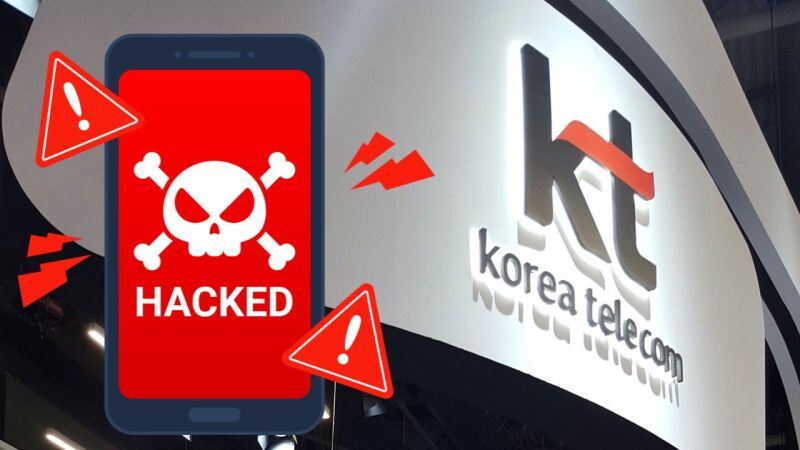
SEOUL — The controversy surrounding South Korean telecommunications giant KT has escalated dramatically, following the discovery of numerous additional illegal micro-base stations (femtocells) suspected of being used for unauthorized small-sum mobile payments. The latest revelations indicate that the scope of compromised customer data and the number of illicit devices are far larger than initially admitted by the company, sparking fierce criticism from the political sphere and calls for stringent penalties.
Scope of Compromised Data Expands Significantly
According to the office of Representative Hwang Jung-ah of the Democratic Party, a member of the National Assembly's Science, Technology, Information, Broadcasting, and Communications Committee, a further 16 illegal femtocell IDs have been identified, bringing the total number of illicit base stations to approximately 20. This figure starkly contrasts with the mere four IDs KT had initially disclosed.
More alarmingly, the number of subscribers found to have connected to these illegal base stations—and whose personal information was consequently leaked—has risen from 20,030 to over 22,000. The leaked data includes sensitive personal details such as mobile phone numbers, International Mobile Subscriber Identity (IMSI), and International Mobile Equipment Identity (IMEI) numbers. While KT has reported only 362 direct victims of the unauthorized small-sum payments, the wider exposure of personal data to over 22,000 people raises serious privacy concerns.
It remains unclear whether KT has notified all newly identified affected customers about the security breach or if it has filed a supplemental report with the Personal Information Protection Commission (PIPC).
Allegations of Misinformation and Cover-Up
The deepening scandal has been compounded by accusations that KT attempted to downplay or actively conceal the true extent of the breach.
During a parliamentary audit ( 국정감사) on October 14, KT Vice President Lee Hyun-seok came under heavy scrutiny. When questioned by Rep. Hwang regarding the possibility of additional victims, Lee reportedly denied it, stating that the opposition's data was "certainly different" from the company's figures.
Rep. Hwang vehemently criticized KT's response: "KT's lies, which attempted to evade the situation by claiming there were no additional damages, have finally been exposed." She further called for legal accountability, asserting, "KT must face criminal prosecution for perjury during the parliamentary audit, and severe punitive sanctions should be imposed for its repeated and malicious acts of minimization and concealment."
Police Probe into Obstruction of Government Investigation
The police investigation into the matter is also gaining momentum. The Gyeonggi Nambu Provincial Police Agency has confirmed that it has launched an internal probe into allegations that KT obstructed a government investigation into the unauthorized small-sum payments and hacking incidents. The Ministry of Science and ICT (MSIT) formally requested the investigation 14 days prior.
According to the MSIT, KT allegedly provided false information regarding the disposal of evidence, claiming that server decommissioning was completed on August 1 when the actual process continued until August 13.
In response to the latest developments, both KT and the MSIT have maintained that they are "still confirming the scale of the additional damage." KT is scheduled to hold a press briefing later today to address the public outcry and provide an update on the situation.
The ongoing crisis casts a significant shadow over KT, raising critical questions about corporate responsibility, data security protocols, and the integrity of its communications with both the government and the public.
[Copyright (c) Global Economic Times. All Rights Reserved.]




























